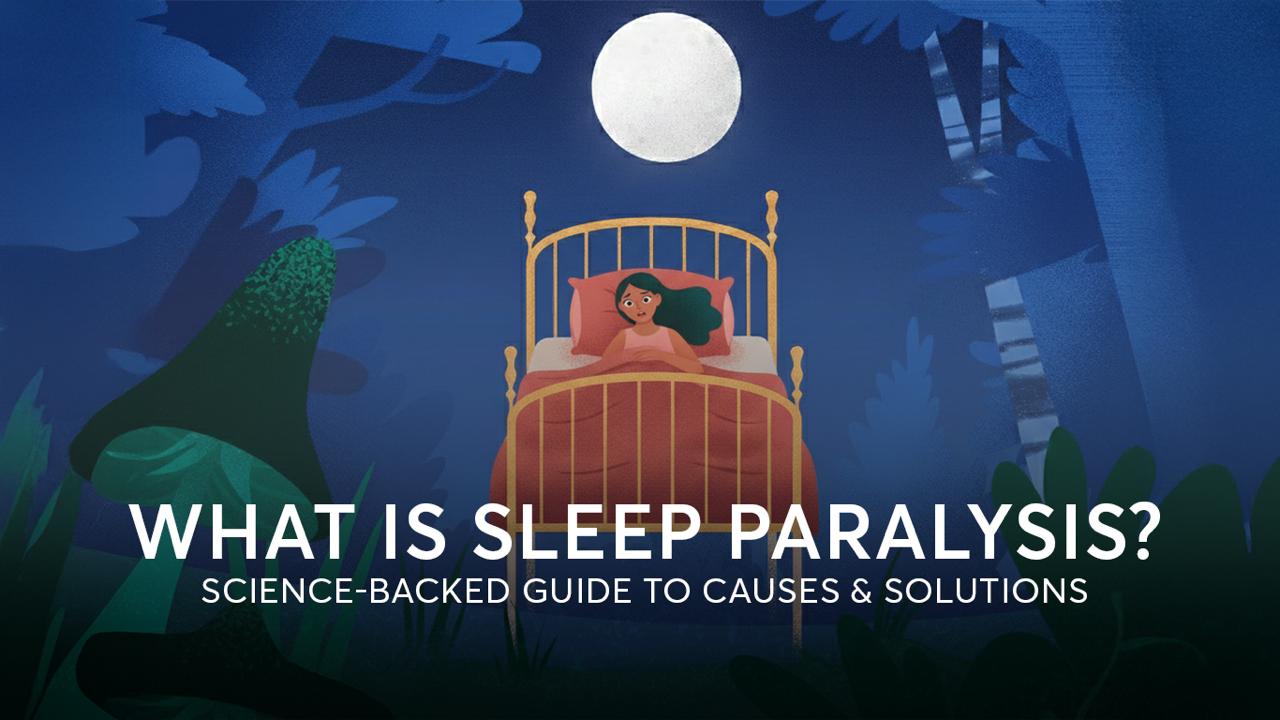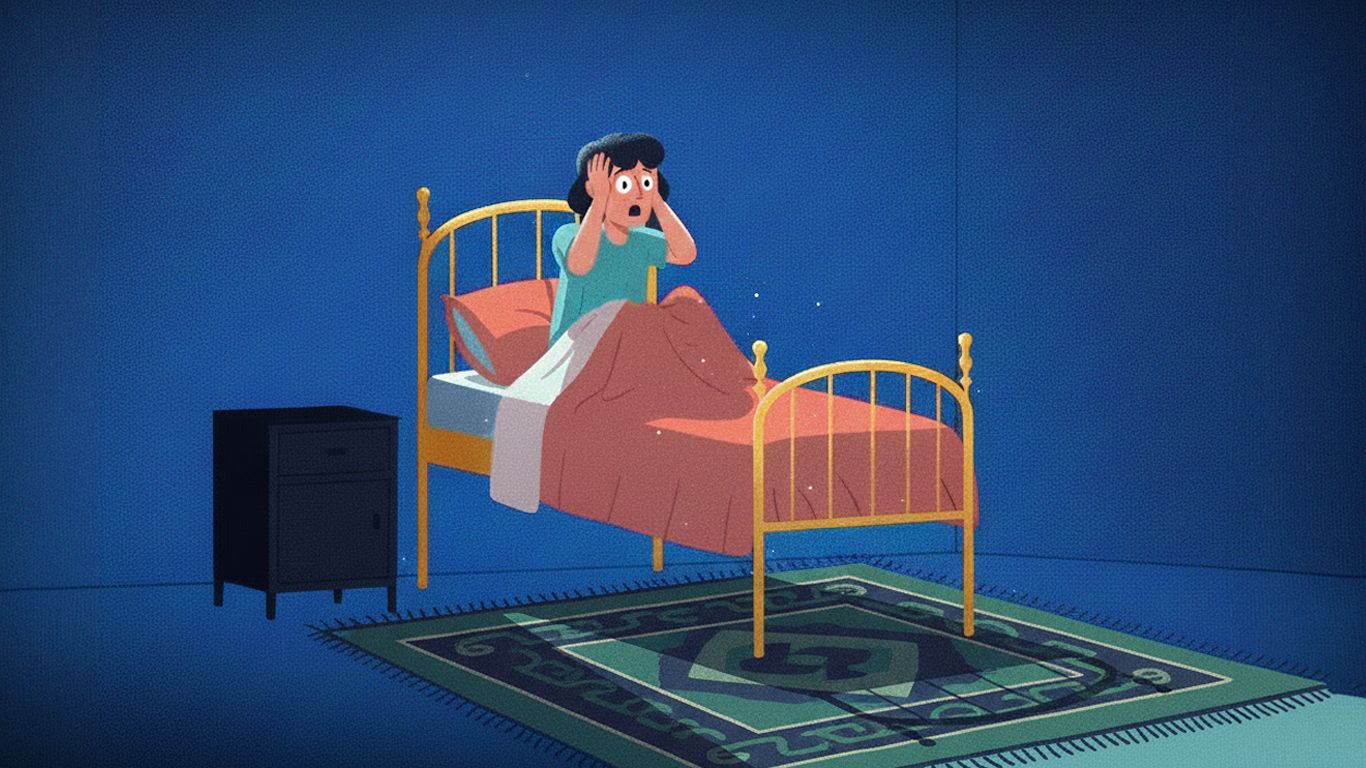
How Sleep Deprivation Affects Your Health
According to the Centers for Disease Control and Prevention, one-third of adults are sleep deprived. Insufficient sleep has immediate consequences, like sleepiness and accidents. Over the long term, sleep deprivation can have a serious impact on your health, from obesity and diabetes to dementia and depression.
What is Sleep Deprivation?
Sleep deprivation is simply defined as not getting enough sleep. Just one night of poor sleep can leave you deprived. Acute sleep deprivation involves not getting enough sleep for one night or a few nights. Chronic sleep deprivation results from getting inadequate sleep for long periods of time.
Everyone is different, and the amount of sleep people need per night varies. However, in general, children need 9 to 11 hours per night, teenagers 8 to 10, adults 7 to 9, and older adults 7 to 8. Anything less than this for each category can be considered sleep deprivation. Several factors contribute to it:
- Sleep disorders
- Other health conditions or symptoms
- Bad sleep habits, like consistently staying up late
- Disturbances to the circadian rhythm, like jet lag
- Certain medications
The Health Implications of Sleep Deprivation
Even acute sleep deprivation can have significant negative consequences for your health. Chronic deprivation is particularly problematic. These are some of themany wayssleep deprivationimpacts your health:
- Diabetes. Sleep deprivation affects blood sugar, metabolism and insulin sensitivity. Too little sleep increases the risk of diabetes.
- Cardiovascular disease. Sleep deprivation increases the risk of developing high blood pressure, heart disease and stroke.
- Depression. Poor sleep affects mental health and can trigger depression.
- Illness. Sleep deprivation decreases the immune system's effectiveness, so you can get sick more often or more severely.
- Accidents. Both chronic and acute sleep deprivation increase the risk of accidents, like car crashes from falling asleep at the wheel.
- Obesity. Insufficient sleep makes you hungrier because it affects hormones that regulate appetite.
- Cognition. Acute sleep deprivation can lead to poor thinking and forgetfulness. Chronic sleep deprivation increases the risk of dementia.
How to Avoid Sleep Deprivation
To prevent, minimize or recover from sleep deprivation, take steps toget better sleep every night. Consistency is the first and most important factor. Go to bed at the same time each night and get up at the same time every morning, even on weekends. Here are some other things you can do for better sleep:
- Put your devices and screens away an hour or two before bed. Try reading a book or journaling instead.
- Do something relaxing that sets the tone for going to sleep, like a warm bath, a short meditation or listening to soothing music.
- Be physically active daily, but avoid doing so too close to bedtime.
- Avoid caffeine after the early afternoon.
- Avoid heavy meals and alcohol in the evenings.
The consequences of sleep deprivation can be serious, but you can avoid them with the right habits and routine. Getting a good night’s sleep is one of the best things you can do for your body and mind. Make it a priority and you’re sure to see a difference.



















